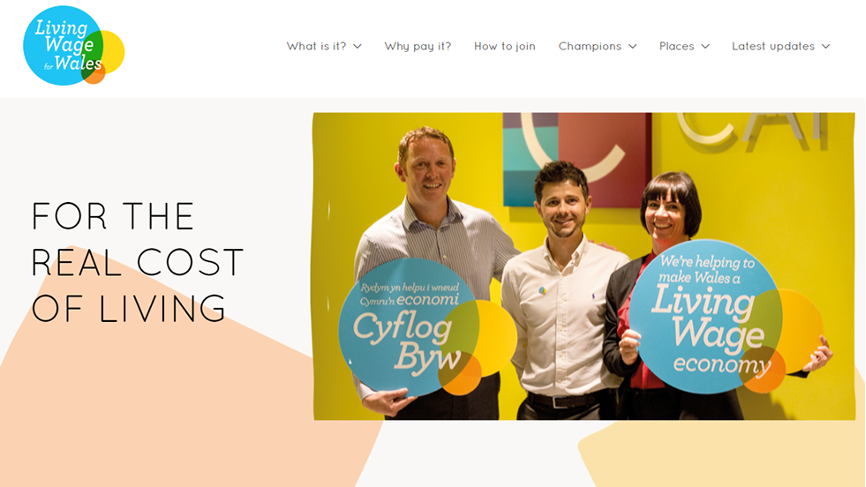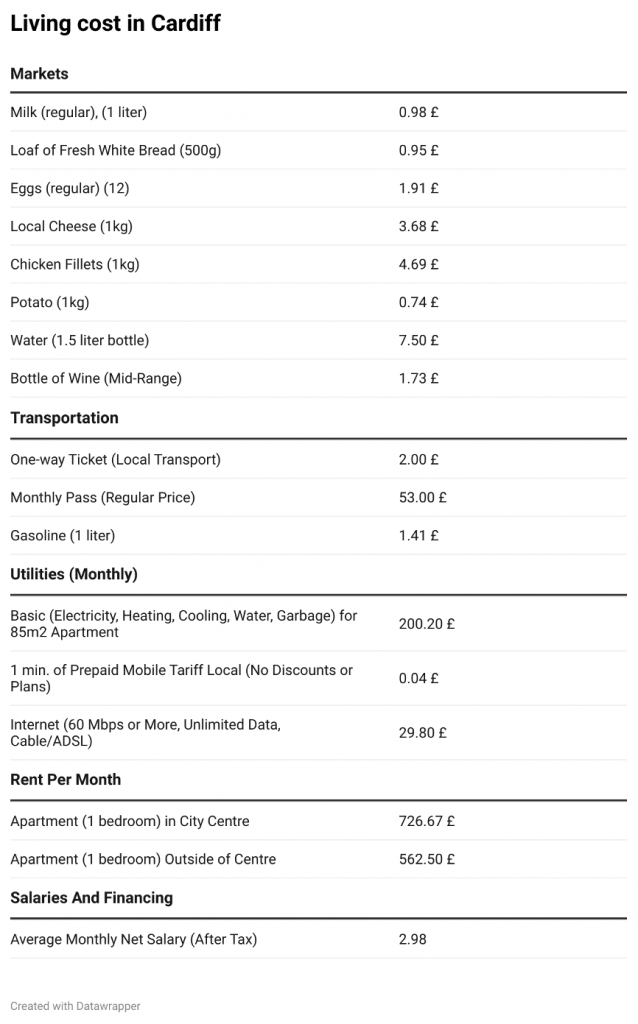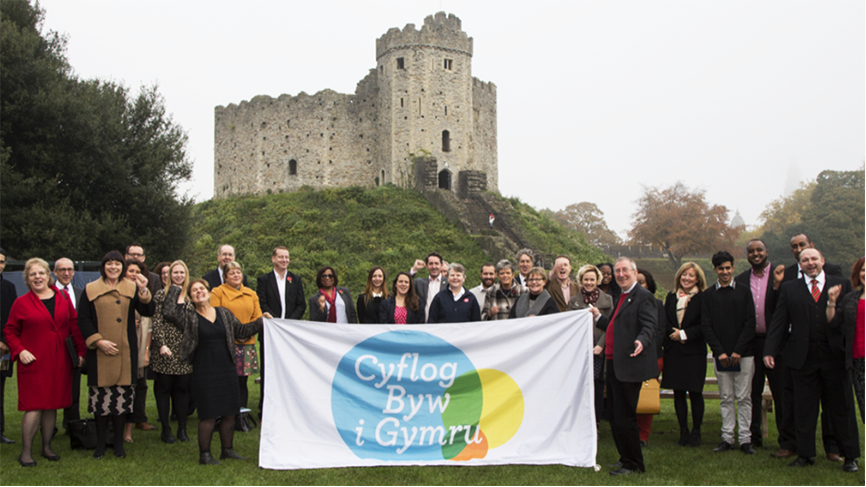To cope with the rising cost of living, campaigners are cooperating with businesses to make the payments fit employees’ everyday needs better.

Campaigners now about to successfully make employees in Wales can earn wages more suitable for their everyday needs in Cardiff.
The Living Wage For Wales is a campaign based on the Real Living Wage, also a movement of independent businesses, organizations. Now it is making Cardiff a living wage city by cooperating with hundreds of employers in Wales to offer more suitable payments to the employees.
“The Real Living Wage was started 21 years ago by Citizens UK – the national home of community organizing. The purpose was to ensure that everyone can earn a real Living Wage that meets living costs, not just the government minimum,” said Mari Arthur the Marketing, Communications and Sales Consultant of the campaign.

According to the new research by the Living Wage Foundation has demonstrated the scale of low pay during the pandemic, with 4.8 million jobs still paying less than the real Living Wage in the UK. Also, 23,200 local government jobs in Wales pay below the real living wage, altogether, 15 of the 22 Welsh councils do not have a commitment to paying £8.45 an hour in 2017.
Low wages become one factor that caused a bad influence on the Welsh economy, almost one in four people in Wales lives in poverty which means they get less than 60% of the average wage. That is about 700,000 of our fellow citizens, according to Oxfam Cymru. That level of relative poverty has remained unchanged for decades. While there has been a fall in pensioner poverty, working people are more likely to be in poverty than a decade ago.
“Issues are predominantly around in-work poverty, people at work are still living in poverty which has impacts on the health, wellbeing, and resiliency of individuals, families, and communities,” said Mari.

Now, a full-time worker earning the current government minimum earns £1,930 less than the real living wage they need. This is the equivalent of 7 months of food bills and more than 5 months’ rent based on average household spending in the UK. Acorrding to the The Living Wage for Cardiff team.
“we could support more employers to accredit which would result in better wages for thousands of employees in Wales. Making a real positive impact to the lives of those that need it most.” said Mari.
Now, this campaign is making the Real Living Wage increase to £9.90 per hour in Wales this year while the Government minimum wage is £9.50 per hour, 12,529 workers receiving an uplift in their wages this year.

Also, this campaign is voluntarily paid by hundreds of employers in Wales, but, even nowadays, making accreditations to organizations’ voluntary commitments is still requires a cumbersome process in the UK.
“The main difficulty is that as a voluntary commitment many organizations have their own barriers to accreditation and it takes a lot of work and resources by the people in the UK working on the real Living Wage agenda to encourage and support organizations to accredit,” said Mari.
The difficulty of making accreditations to organizations’ voluntary commitments led to only 70 accredited employers in 2016. Fortunately, the number of them is still rising, espcially during the pandemic, 110 new employers signed up in the last year and thousands of employees benefiting from a poverty-busting payrise.
In this year, they finally can make 12,529 workers receiving an uplift in their wages , with the new Real Living Wage for Wales of £9.90 per hour (up from £9.50 per hour) with accredited employers and campaigners at the Living Wage.

“The real Living Wage means a positive step to equality and fair wages. The rich are getting richer and the poorer are getting poorer and we should do all we can to help those most in need,” said Mari.
